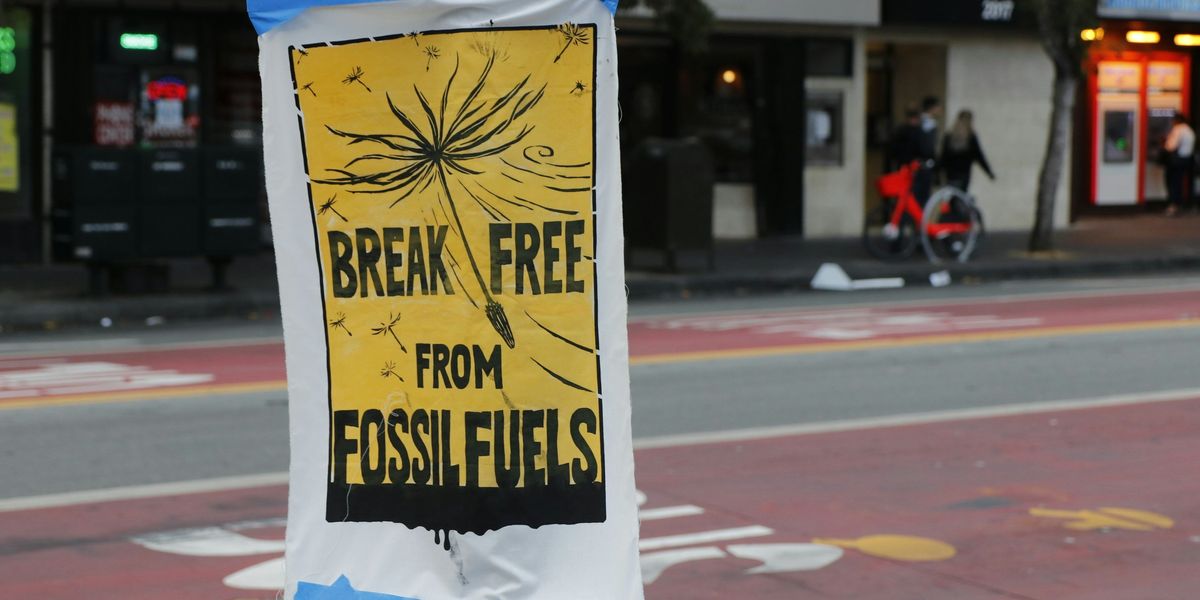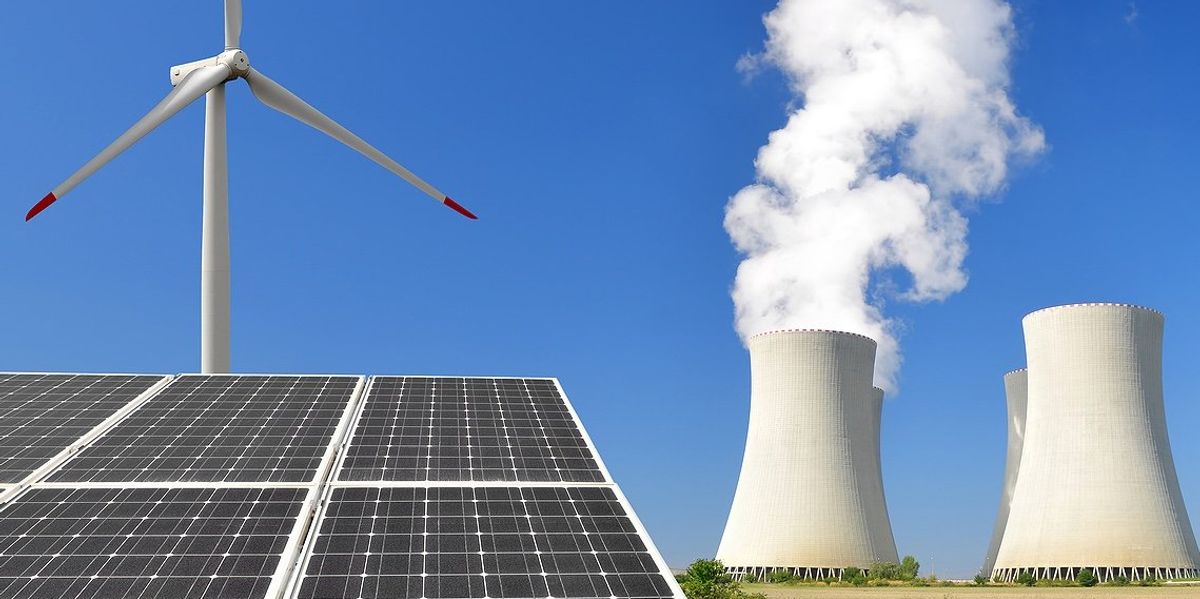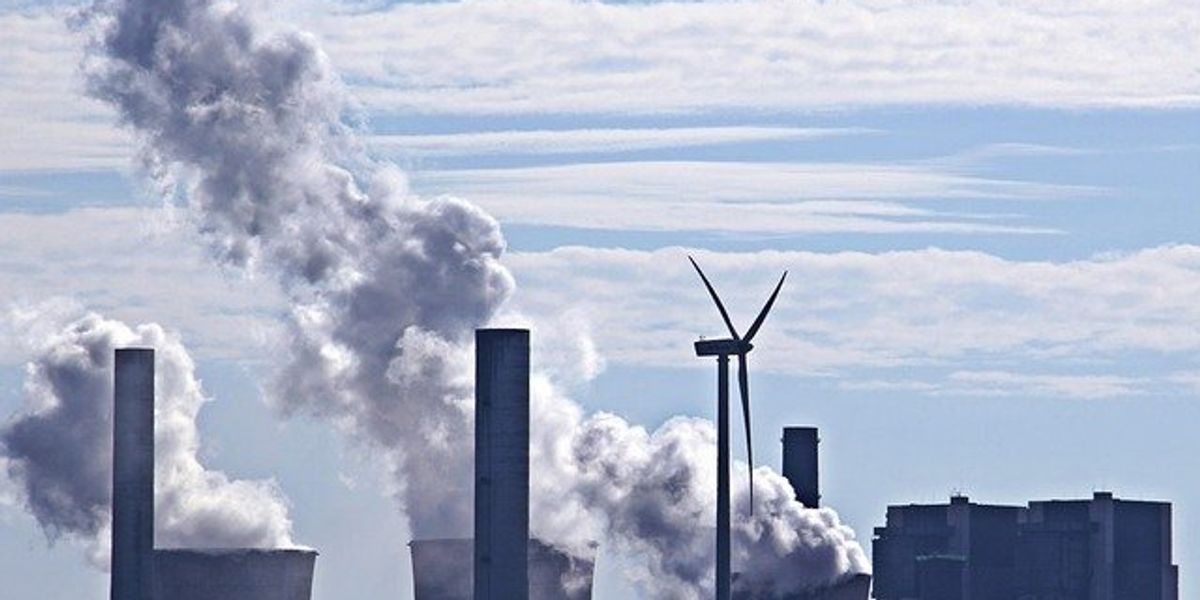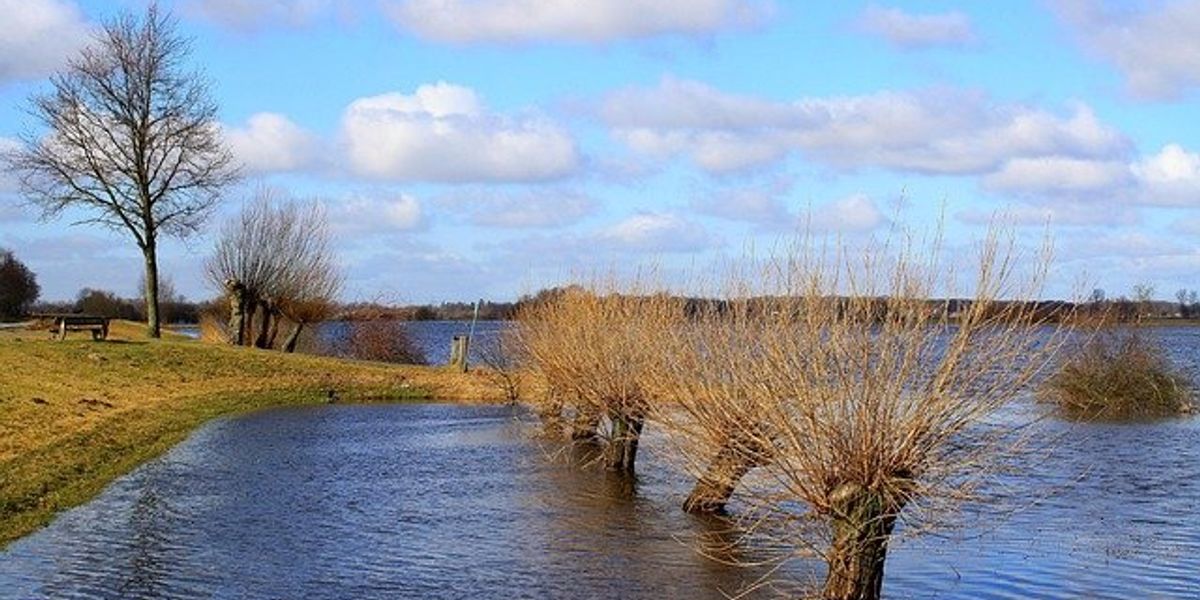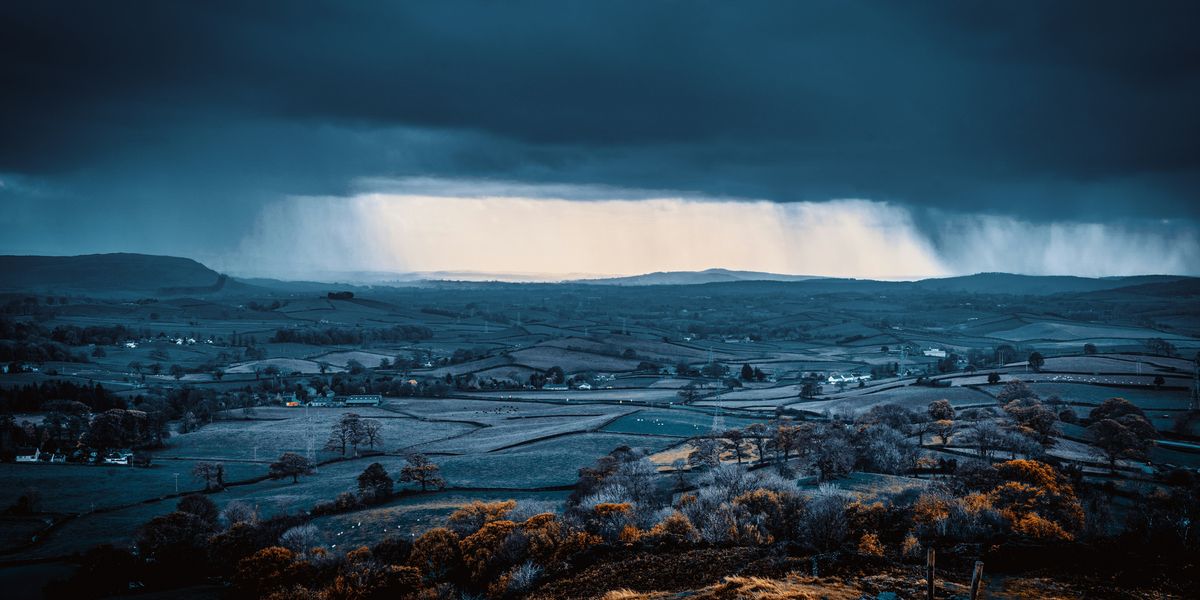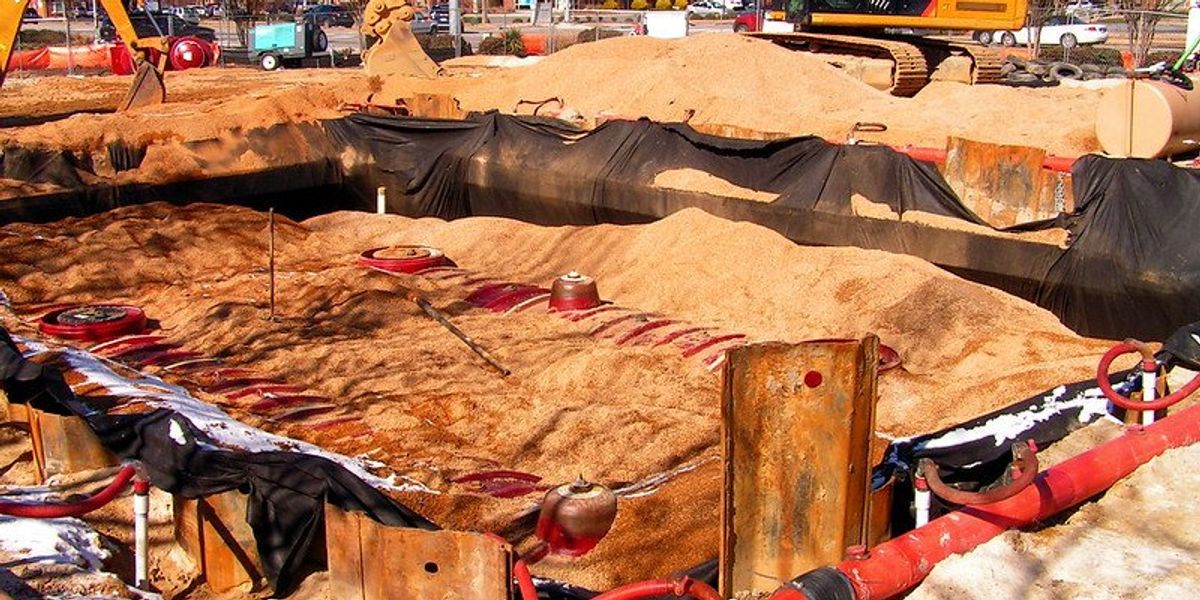
Gas stations are leaking underground
In a nutshell:
It's not whether a gas station will pollute. It's when and how much. The underground steel tanks that became the industry standard in the years following World War II, when Americans took to the roads like never before, were designed to last no more than 30 years. In a great many cases the tanks remained in the ground well beyond 30 years; long after failure and subsequent leaking of the contents through corrosion, trauma or abandonment. By the early 1970's, oil companies marshaled their best legal minds and set out to put some distance between their interests and a looming liability storm by selling stations and cutting loose independent owners.
Key quote:
"I have talked to several gas station owners that have purchased gas stations from Big Oil. I think that some of the property owners really didn't understand what they were getting into when they released that liability," said Ryan Bixby, managing principal at SoundEarth, who oversees cleanups in Washington state.
Big picture:
With Big Oil successfully washing their hands of the responsibility and liability related to underground gasoline storage tanks and insurance companies exiting the market en masse, small gas station owners were forced to assume liability without the resources to do so. Forced to upgrade tanks or install new ones, many small owners just walked away and abandoned tanks that continued to corrode and leak. The good news is that technological advances in the 1990's have greatly reduced problems with underground petroleum storage. The bad news is that there are some 60,000 legacy properties awaiting remediation and an entire generation of steel tanks approaching the end of their life. Upon facing a looming public health hazard and a huge backlog of toxic sites, states are now looking for remediation relief from taxpayers.


